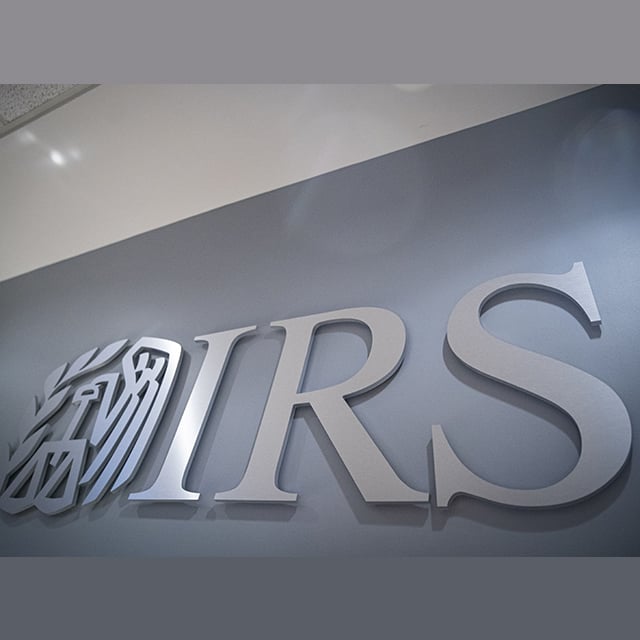IRS Issues New Guidance on Stock Buyback Tax

The Internal Revenue Service has released new transitional guidance on when to report and pay the 1% stock buyback tax imposed under the Inflation Reduction Act.
The law firm Eversheds Sutherland notes in a recent alert that the new guidance confirms that, prior to the time specified in the forthcoming proposed regulations addressing the application of the buyback tax, taxpayers are not required to:
report the buyback tax during a covered corporation’s taxable year on any returns filed with the IRS or
make any payments of such tax.
The proposed regulations will likely come later in 2023, Eversheds notes.
On Dec. 27, Treasury and the IRS released Notice 2023-2, which provides taxpayers with interim guidance regarding the application of the buyback tax.
The IRS’ just-released notice also states that it is anticipated the proposed regs will require “covered corporations to maintain complete and detailed records for the purpose of accurately establishing liability under the Buyback Tax,” including repurchases made after Dec. 31, 2022, but prior to publication of the proposed regs, for as long as the contents of the records may become material, Eversheds explains.
In mid-February, top Democratic senators introduced the Stock Buyback Accountability Act of 2023, legislation to increase taxes a publicly traded company incurs on buying back its own stock from 1% to 4%.
The bill, introduced by Sens. Sherrod Brown, D-Ohio, and Ron Wyden, D-Ore., will “help reinvest in the economy, while also preventing abuse and reducing tax avoidance, both of which are significant risks from stock buybacks,” according to the senators.
Introduction of the bill follows “a record year for stock buybacks, which topped $1.2 trillion, and recent reports that stock buybacks continue to be a popular option for highly profitable corporations,” Brown and Wyden said.




